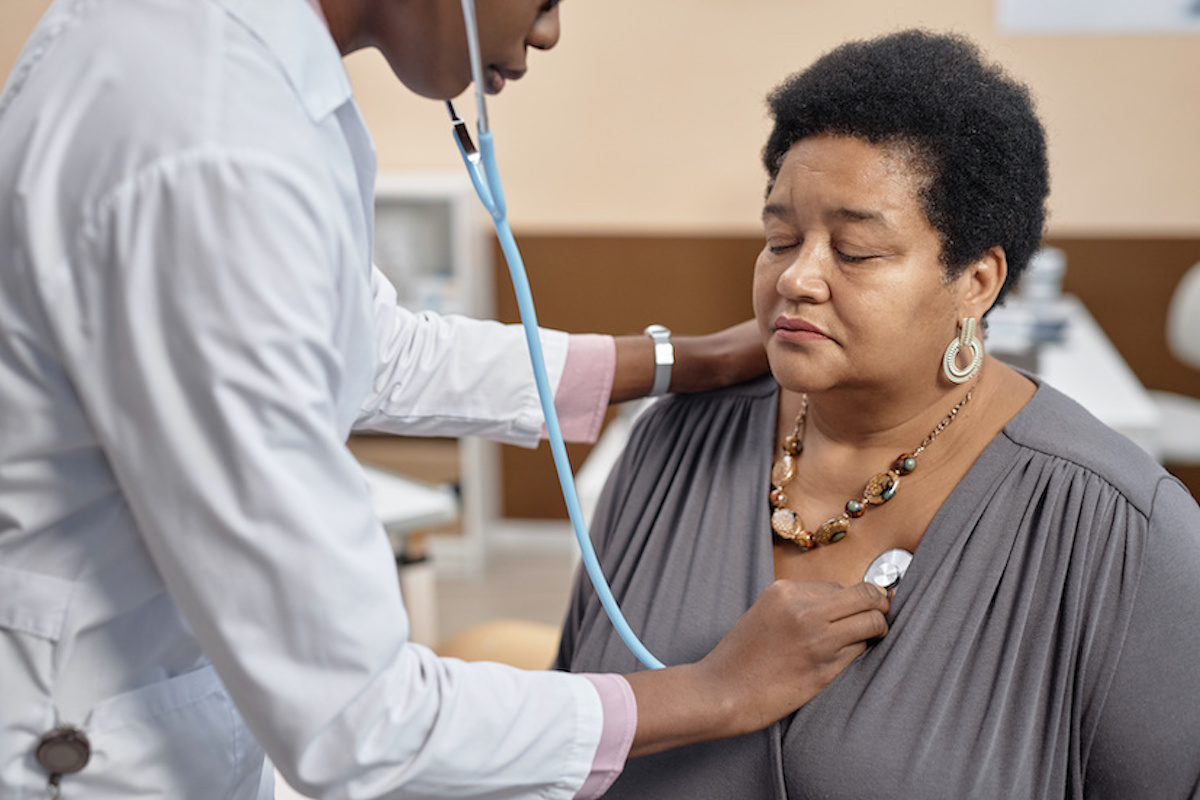
Burns are skin or tissue damage, usually caused by heat. Burns often happen in the home. Some are caused by fire. They can also be caused by hot liquid, steam, and certain chemicals.
Burns are defined by how deep they are and how large an area they cover. First degree burns are the least serious. They affect only the thin top layer of skin. A sunburn is a common example. They usually heal on their own within a week. Second-degree burns damage the layer of skin below the outer layer as well. They may leave a scar. A third-degree burn is the most serious; it penetrates the entire thickness of the skin, permanently destroying it and the tissue that’s underneath. Third degree burns often require skin grafts—natural or artificial skin to cover and protect the body while it heals.
It’s important to seek medical care quickly for deep or large burns. Serious burns require professional medical care. Some can even be life-threatening. But research advances over the past few decades have increased the chances of survival for people with severe burns.
You can take steps to avoid household burns. Never leave cooking food unattended on the stove. Set your water heater’s thermostat to 120 °F or lower to prevent scalding burns. And install smoke alarms on every floor of your home. Keep yourself and your family safe from unexpected burn injuries.
You can care for most minor burns at home. If the burn is red and painful with mild swelling or little blistering, then it’s a first-degree or minor second-degree burn.
First, clean the area with cool water and dry. Then cover with sterile gauze or a non-adhesive bandage. Avoid breaking blisters because this can cause infection. Call your doctor if the burn has not healed after several weeks or shows signs of infection. These include increased pain, swelling, and redness.
Resourced from an article at https://newsinhealth.nih.gov/2021/09/learn-about-burn-care












